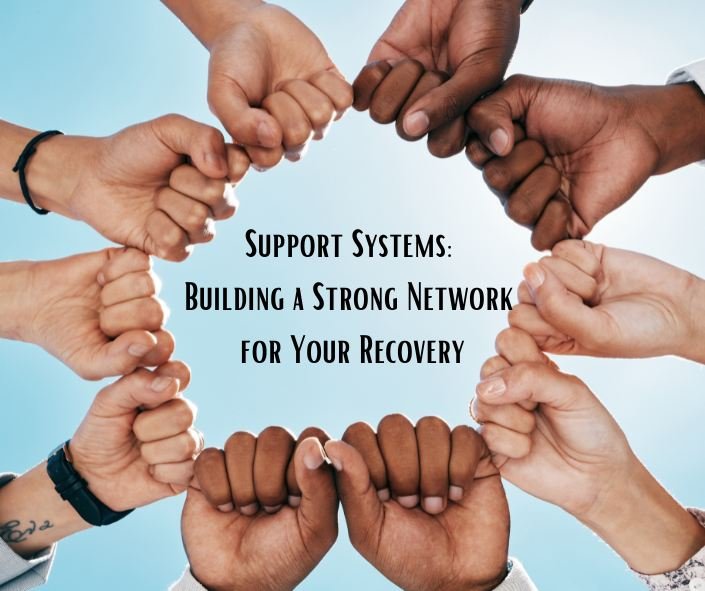Harm reduction is an approach to addiction and substance use that prioritizes minimizing the negative consequences associated with drug use rather than focusing solely on abstinence. It’s a compassionate and pragmatic way to support individuals struggling with addiction by meeting them where they are and providing services to improve their overall well-being. In this blog, we will explore harm reduction as an effective strategy for addiction and highlight the role of rehabilitation centre in Delhi in implementing this approach.
1. Understanding Harm Reduction
Harm reduction is a public health approach that aims to reduce the harms associated with substance use and other risky behaviors. It focuses on providing education, resources, and support to individuals to help them make safer choices and reduce potential harm to themselves and their communities.
a. Key Principles of Harm Reduction:
i. Respect and Dignity: Treating individuals with respect, compassion, and understanding, regardless of their choices.
ii. Client-Centered Approach: Tailoring services and support to an individual’s unique needs and circumstances.
iii. Reducing Stigma: Reducing judgment and stigma associated with addiction and substance use to encourage individuals to seek help.
2. Harm Reduction Strategies
Harm reduction employs various strategies to reduce the negative consequences of substance use:
a. Needle Exchange Programs:
Needle exchange programs provide clean syringes to individuals who use drugs to reduce the risk of infections such as HIV and hepatitis.
b. Supervised Injection Sites:
These facilities offer a safe and hygienic environment for individuals to use substances under medical supervision, reducing overdose deaths and infections.
c. Naloxone Distribution:
Naloxone, an opioid overdose reversal medication, is distributed to individuals at risk of opioid overdose and their families to save lives in emergency situations.
d. Education and Counseling:
Providing education on safer drug use practices and counseling services to help individuals make informed decisions about their substance use.
3. The Role of Rehabilitation Centre in Delhi in Harm Reduction
Rehabilitation centres in Delhi play a significant role in implementing harm reduction strategies and providing a safe, supportive environment for individuals struggling with addiction:
a. Harm Reduction Education:
Rehabilitation centres provide education on harm reduction strategies, empowering individuals to make safer choices while using substances.
b. Naloxone Training and Distribution:
Many rehabilitation centres in Delhi offer naloxone training and distribute naloxone kits to individuals at risk of opioid overdose and their support networks.
c. Anonymous Testing and Support:
Rehabilitation centres provide anonymous testing for diseases such as HIV and hepatitis, promoting regular health check-ups for individuals who use substances.
d. Counseling and Therapy:
Rehabilitation centres offer counseling and therapy to help individuals explore the factors contributing to their substance use and develop coping mechanisms to reduce harm.
4. Benefits of Harm Reduction
a. Saving Lives:
Harm reduction strategies, such as naloxone distribution and supervised injection sites, have proven to save lives by preventing fatal overdoses.
b. Disease Prevention:
Harm reduction initiatives like needle exchange programs significantly reduce the spread of diseases like HIV and hepatitis among individuals who use drugs.
c. Safer Communities:
By providing safer alternatives and reducing risky behaviors associated with substance use, harm reduction contributes to safer communities.
d. Encouraging Treatment:
Harm reduction creates a bridge to treatment and rehabilitation by engaging individuals in a non-judgmental, supportive manner.
Harm reduction is a compassionate and effective approach to addiction, focusing on reducing harm and improving overall well-being rather than solely focusing on abstinence. Rehabilitation centres in Delhi embrace this approach, incorporating harm reduction strategies into their services to provide holistic support to individuals struggling with addiction. By implementing harm reduction strategies, we can save lives, prevent diseases, and ultimately support individuals on their journey towards recovery and a healthier life. If you or someone you know is struggling with addiction, consider reaching out to a reputable rehab centre in Delhi to explore harm reduction options and start the path towards recovery.


